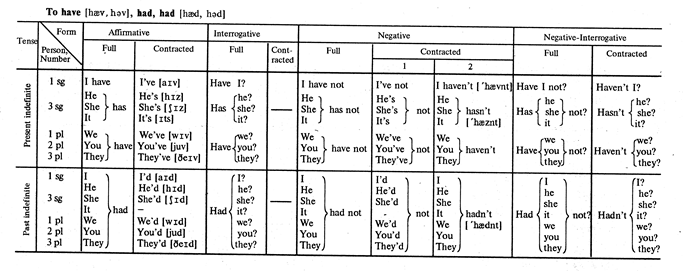
КАТЕГОРИИ:
Архитектура-(3434)Астрономия-(809)Биология-(7483)Биотехнологии-(1457)Военное дело-(14632)Высокие технологии-(1363)География-(913)Геология-(1438)Государство-(451)Демография-(1065)Дом-(47672)Журналистика и СМИ-(912)Изобретательство-(14524)Иностранные языки-(4268)Информатика-(17799)Искусство-(1338)История-(13644)Компьютеры-(11121)Косметика-(55)Кулинария-(373)Культура-(8427)Лингвистика-(374)Литература-(1642)Маркетинг-(23702)Математика-(16968)Машиностроение-(1700)Медицина-(12668)Менеджмент-(24684)Механика-(15423)Науковедение-(506)Образование-(11852)Охрана труда-(3308)Педагогика-(5571)Полиграфия-(1312)Политика-(7869)Право-(5454)Приборостроение-(1369)Программирование-(2801)Производство-(97182)Промышленность-(8706)Психология-(18388)Религия-(3217)Связь-(10668)Сельское хозяйство-(299)Социология-(6455)Спорт-(42831)Строительство-(4793)Торговля-(5050)Транспорт-(2929)Туризм-(1568)Физика-(3942)Философия-(17015)Финансы-(26596)Химия-(22929)Экология-(12095)Экономика-(9961)Электроника-(8441)Электротехника-(4623)Энергетика-(12629)Юриспруденция-(1492)Ядерная техника-(1748)
Tense Auxiliaries
SUPPLEMENT
As the majority of the finite form of the verb are analytical they are formed by means of auxiliary verbs (auxiliaries). These are: to do, to be, to have, shall, will.
In the spoken language some forms of the auxiliaries and the negation not are contracted which is shown in writing by means of the apostrophe (‘)

Note:
In the spoken language is [ɪz] is usually weakened and is pronounced [z] after vowels and voiced consonants (except voiced sibilants and affricates), [s] after voiceless consonants (except voiceless sibilants and affricates), [ǝz] after sibilants and affricates (both voiced and voiceless). This weakening of the form is not usually shown in writing:
The boy is gone (ðǝ 'boɪz'gon].
The plan is good [ðǝ 'plænz'gud].
The cup is broken [ðǝ 'kʌps'broukæn].
The bus is coming up [ðǝ 'bʌsǝz'kʌmɪŋ'ʌp].
* The contraction of are combined with certain personal pronouns is pronounced differently is British and American English, viz.:
| British English | American English |
| we’re [wɪǝ] you’re [juǝ] they’re ['ðeɪǝ] | [wɪr] [jur] [ðеr] |
** In dialect and "uneducated" British and American English the form ain’t is very common. It is used as a contracted form of am not, are not, is not, have not and has not. Ain’t is not used in standard (“correct”) English..
I ain’t going to buy it.
Don’t talk to me like that, you ain’t my mother.
It ain’t raining, let’s go out.
I ain’t got any money.
He ain’t seen me yet.
** ‘m not is replaced by aren’t in the negative-interrogative (Aren’t I clever enough? I’m clever enough, aren’t I?)


Note:
As a future tense auxiliary shall (should) is used with the 1st person (singular and plural) only.

Note 1:
As a future tense auxiliary will (would) in its full form is commonly used with the 2nd and the 3rd persons. Nowadays however there is strong tendency to use it with the 1st persons as well, especially in American English.
Note 2:
The contractions ‘ ll and ‘ d stand for will and would, not for shall and should, though they are widely used with the 1st persons as well.
|
|
Дата добавления: 2015-07-02; Просмотров: 453; Нарушение авторских прав?; Мы поможем в написании вашей работы!